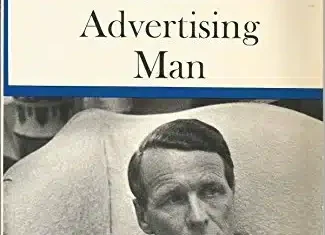Just over a decade ago, Paul Graham coined the phrase “schlep blindness”. It essentially means that we often become blind to tedious, unpleasant tasks and simply put up with them.
Paul shared this example from Stripe, the credit card processing company:
The most striking example I know of schlep blindness is Stripe, or rather Stripe’s idea. For over a decade, every hacker who’d ever had to process payments online knew how painful the experience was. Thousands of people must have known about this problem. And yet when they started startups, they decided to build recipe sites, or aggregators for local events. Why? Why work on problems few care much about and no one will pay for, when you could fix one of the most important components of the world’s infrastructure? Because schlep blindness prevented people from even considering the idea of fixing payments.
In that case, most developers just accepted that payments were painful part of the system and worked on other things instead, quietly deciding that the schlep was unavoidable.
Harvey Firestone
David Senra shared another example of schlep blindness on an excellent episode of his “Founders” podcast, this time going back more than a century to focus on the awful tires made by Ford for the Model T. Harvey Firestone started his famous company based on a simple revelation:
He realized that the solid rubber wheels utilized on early cars would not hold up sufficiently on the countries rough roads. Rich men bought the earliest American cars and they universally hired an assistant who not only served as a chauffer, but provided the muscle necessary for frequent tire changing.
Rather than creating better tires, wealthy car owners would make sure to have someone that could frequently change the tires wherever they traveled. Firestone chose to resolve the schlep, and his company has done quite well over the past 123 years.
The little things count
We’ve faced a bit of schlep blindness over the years at GreenMellen, with two examples coming to mind.
First, we had some issues early on with clients wanting to pay by credit card (which created a small fee) instead of sending in checks (with no fee). We looked at ways to sort it, by either forcing checks, or maybe splitting the fee with our clients, until a business coach gave us a simple truth: it can often be difficult to collect money from some clients. If they’re willing to pay by credit card, just take it and be thankful for the prompt payment!
No more worrying, no more fuss over payment types, just easy use on both ends — clients can pay in whatever form is easiest for them, and we accept it.
Disruptions are unavoidable, right?
We’ve also had issues over the years dealing with disruptions from one another on the team. Someone would need some help, so they ask another person for the answer. That seems fair and unavoidable — people have questions, they need answers, so frequent interruptions are just part of the game.
Or maybe not. When we were introduced to the “EOS” system (discussed a bit here), we learned the value of keeping a simple “issues” list off to the side. If one of us has an urgent question, we certainly want that to be resolved quickly, but most questions could be added to the issues list and dealt with during our weekly meeting instead of in that moment. The number of daily interruptions dropped dramatically, and yet the questions continued to be resolved in a reasonable amount of time. It worked great!
We saw the interruptions and schlep, but we didn’t think there was a solution so we simply put up with it. Understanding the idea of schlep blindness now has me looking around at other things that I might be able to un-schlep. Most will likely just be small tweaks to my daily life, but perhaps I’ll eventually notice some schlep that affects a lot of people, where the resolution could be very helpful.
Are there any areas where you’ve noticed and removed schlep from your life?




